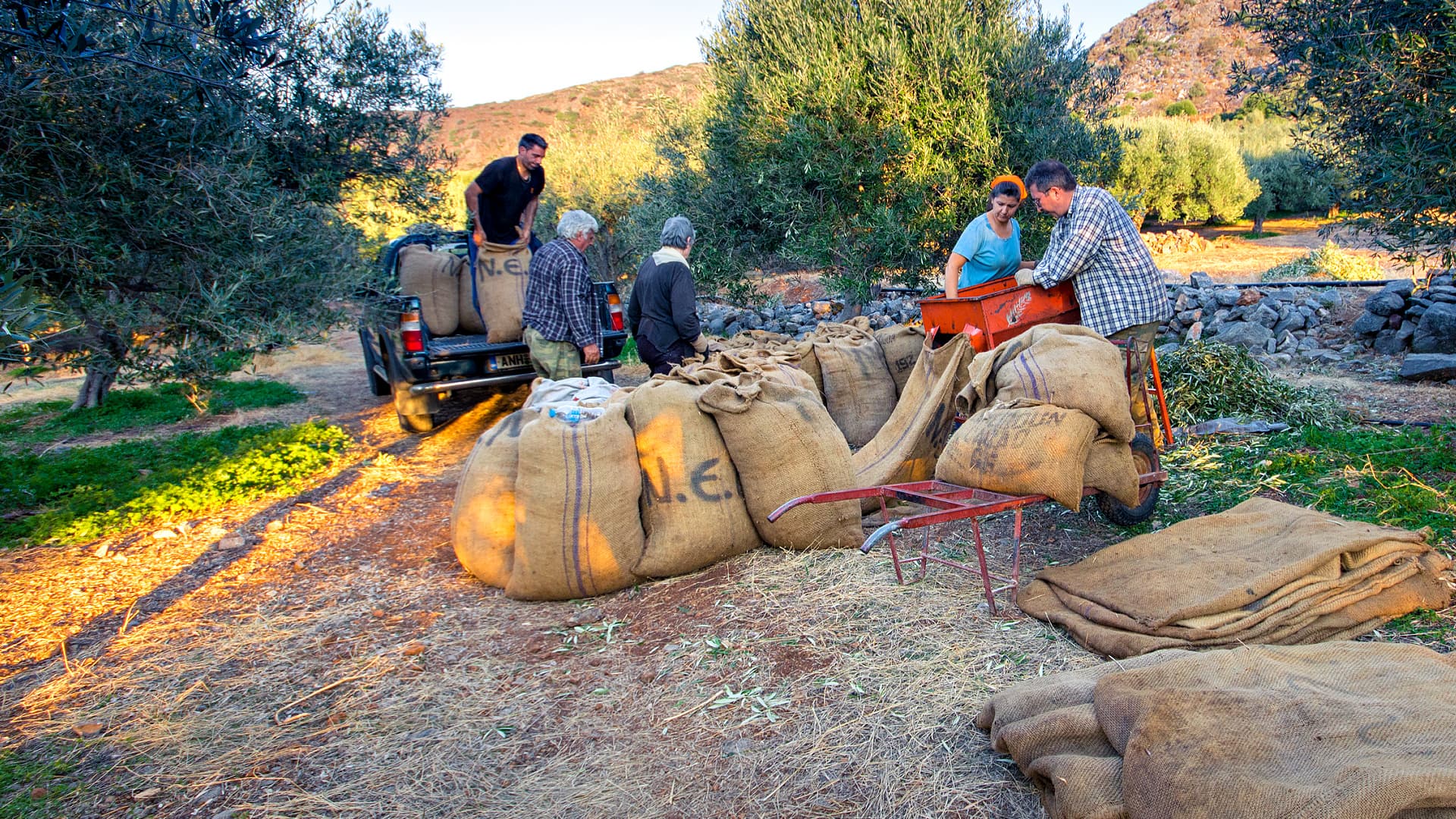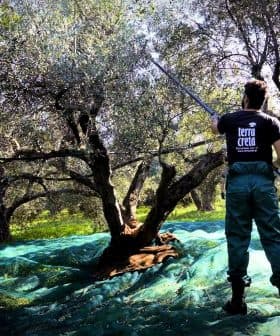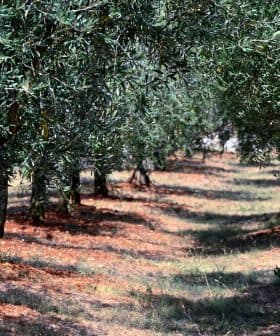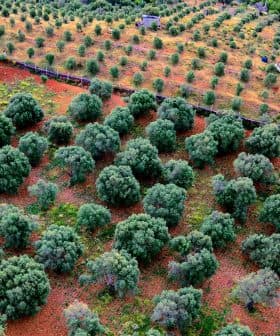A Bittersweet Harvest Season for Greek Producers

Greece’s olive oil yield for the 2021/22 crop year decreased by 18% compared to the previous year, but the country remains the third-largest producer in the European Union. Despite the challenges faced by producers due to weather fluctuations and rising energy costs, the prospects for a substantial olive oil yield in the next crop year in Greece are promising.
The 2021/22 crop year has come to an end in Greece, with the country’s olive oil yield totaling around 225,000 tons, an 18-percent reduction compared to the 275,000 tons of 2020/21.
According to official data and estimates from the International Olive Council, Greece remains the third-largest producer in the Europan Union behind Spain and Italy.
Production was limited in terms of volume this season; however, the quality of the olive oil produced in the country was quite satisfying.
However, when the wider Mediterranean region is considered, the country ranks fifth, also being surpassed by Tunisia and Turkey.
Despite the disappointing yields, producers reported that quality remained high throughout the country.
See Also:2021 Harvest Updates“Production was limited in terms of volume this season; however, the quality of the olive oil produced in the country was quite satisfying,” Vasilios Frantzolas, a quality consultant and expert olive oil taster, told Olive Oil Times.
Frantzolas pointed out that the unnatural weather throughout the season was the main reason for the reduced yield of the country.
“In general, the olive trees had a hard time coping with the temperature fluctuations during the season,” he said. “The mild winter of early 2021 was followed by two frost events in March and another one in April, and the summer heatwave was the culmination of the funny weather variations.”
“The net result was a noticeable reduction in olive tree fruition in many areas of the country,” Frantzolas added.
“Crete, Laconia in the Peloponnese and the Aetolia-Acarnania district in western Greece had a considerably more productive season than Lesvos and the districts of Chalkidiki, Messenia and Ilia.”
Energy prices, which were on the rise in Greece, especially in the second half of the crop year (from January to March), were a factor to consider for mill owners who have already started to question the modus operandi of the mills in the country.
“If things remain unchanged, it is likely that the status of our olive oil entitlements [a percentage of the olive oil produced from each batch of olives with which millers in Greece are paid] will be overturned,” said Panayiotis Zoumboulakis, head of the Sykia association, which operates a mill in Lakonia in southern Peloponnese.
Zoumboulakis’ words were echoed by his counterparts in other olive oil-producing territories.
“The status should be changed, and we should get paid according to the [quantity of the] olives to be processed since the output of olive oil is reduced due to drought,” said mill owner Aris Christopoulos from the neighboring Messenia.
“Nowadays, olive oil producers do not take care of their groves as they used to in the past,” he added. “Many of them just harvest their olives, neglecting fertilizing and other necessary operations in the field. So far, the increased production cost has been absorbed by the mill owners.”
Meanwhile, the Greek government has waived the excise tax on diesel fuel for farmers until the end of 2022.
Despite the shake-up in the global market for edible oils created by the war in Ukraine, olive oil prices in Greece remain virtually unchanged compared to the beginning of the season.
According to reports in the agricultural press, producers’ prices in most producing territories, including Laconia, Messenia, Heraklion and Chania, in Crete, range from €3.30 and €3.50 per kilogram of low-acidity extra virgin olive oil.
Nevertheless, according to the European Commission, producers’ prices for extra virgin olive oil in Greece increased by 12 percent in the 2021/22 crop year compared to the average price of the past five years.
Regarding the next crop year, the prospects are promising for a substantial yield of olive oil in the country.
“We had low temperatures in the winter, significant rainfalls in the beginning of the spring and a low production in terms of quantity in the 2021/22 crop year,” Frantzolas said.
“All these suggest a strong olive oil production for Greece in the next harvesting season, provided that the fruit fly will not cause significant problems.”









